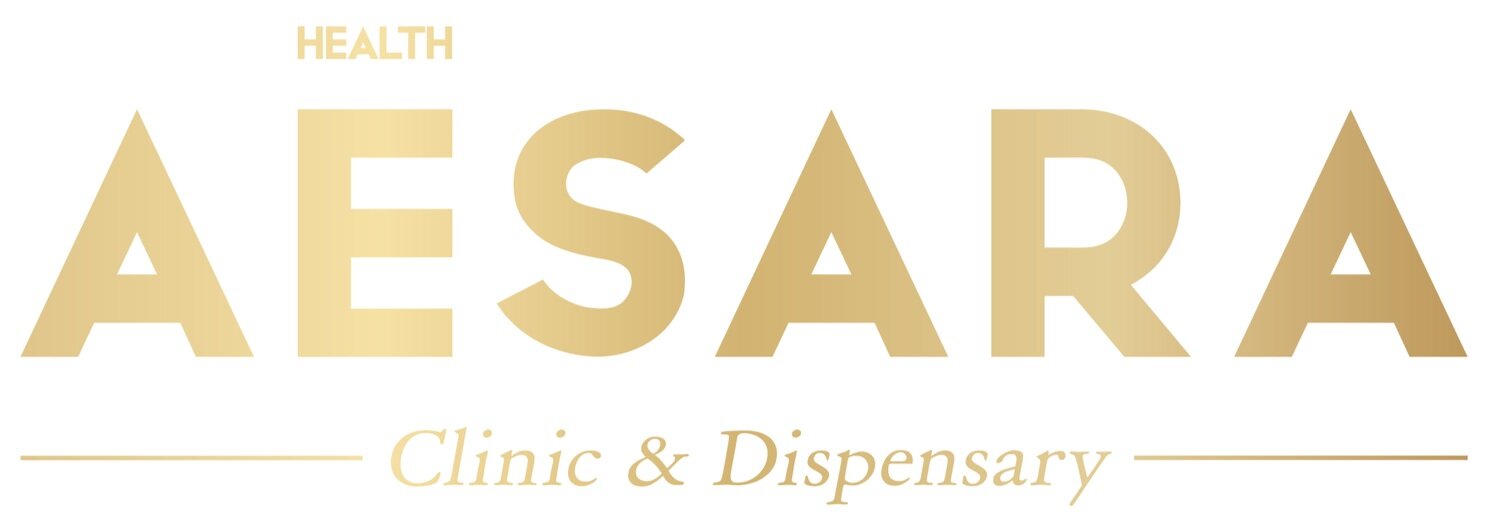Couples Counselling
There is a misconception that couples only seek relationship counselling when their relationship is in dire straits. However, counselling can be beneficial in various situations; your relationship doesn't have to be falling apart for counselling to be helpful, nor does it signify the end. In fact it is most beneficial not to wait too long before seeking support.
Common reasons for seeking relationship counselling include:
Challenges in effective communication
Drifting apart, loss of connection, or diminishing passion
Feeling disconnected, resentful, bored, or unfulfilled
Uncertainty about the future of the relationship
Navigating through separation
Persistent arguments, escalating conflicts, or constant bickering
Trust issues
Financial pressures
Adjusting to parenthood
Family-related troubles
Dealing with infidelity, including cyber affairs
Support in coping with external stressors like work, illness, or relocation
Assistance when one or both partners are experiencing mental health issues
How can relationship counselling help?
Couples counselling supports couples in numerous ways, assisting them to:
Improve communication skills
Resolve conflicts effectively
Rediscover feelings of romance, attraction, and fulfilment
Foster trust and emotional intimacy
Address individual issues impacting the relationship
Establish a safe environment for open and honest communication
Recognise and fulfil each other's needs
Revitalise neglected aspects of the relationship
Develop a deeper understanding of oneself and one's partner
Rejuvenate the relationship through dedicated, quality time together.
Emotionally Focussed Couples Therapy
Emotionally Focused Couples Therapy (EFCT) operates on the premise that emotions are central to one's identity and decision-making process, shedding light on one's deepest fears, desires, and unvoiced needs.
These emotions are pivotal in shaping relationships with intimate partners, signalling boundaries, hurt, or affection.
EFCT delves into these core emotions to decipher recurring negative cycles and employs attachment theory to understand the impact of childhood experiences on adult relationships.
Through EFCT, individuals gain insight into themselves and their partners, fostering healthy communication to nurture mutual respect, support, trust, appreciation, love, and profound connection.



